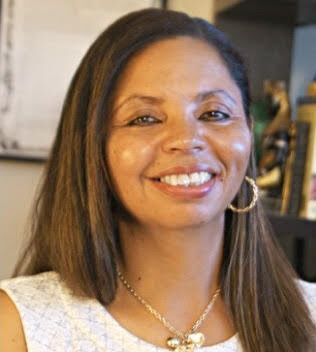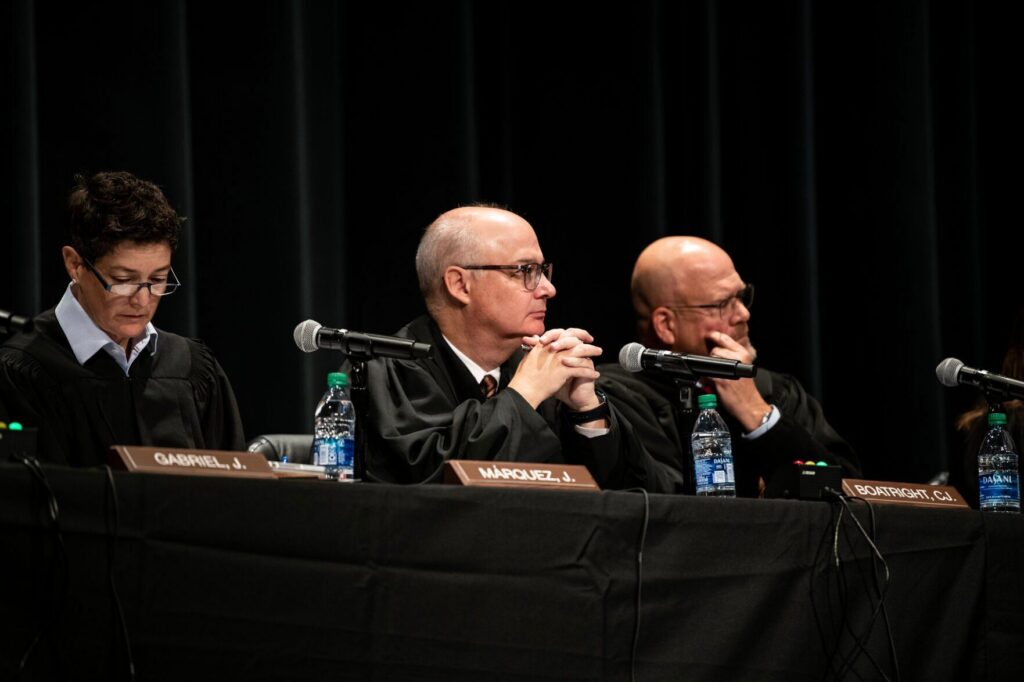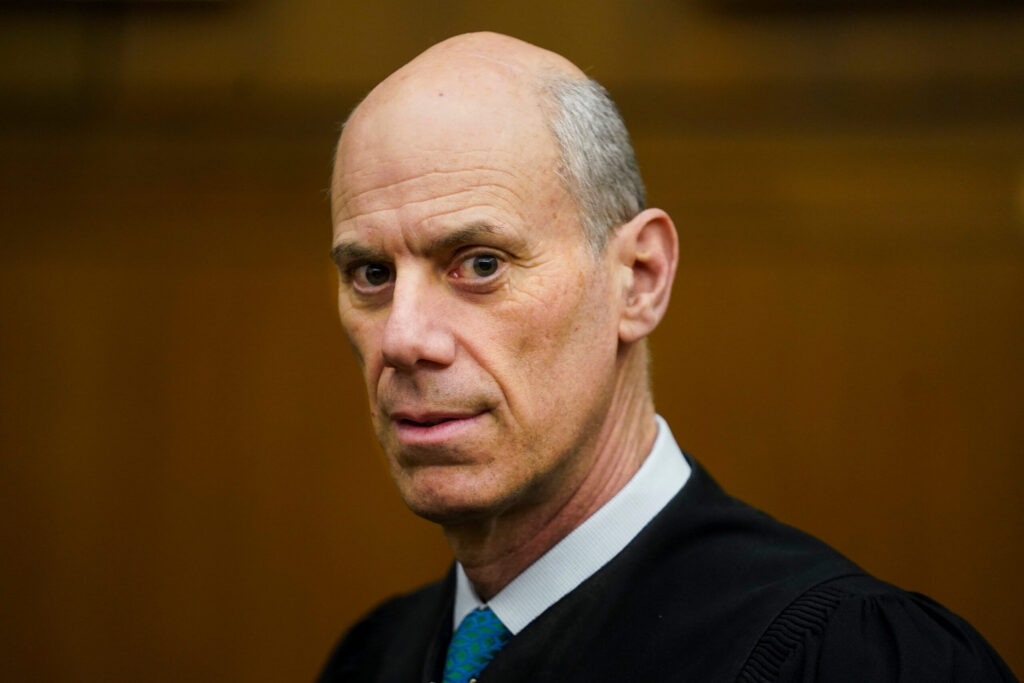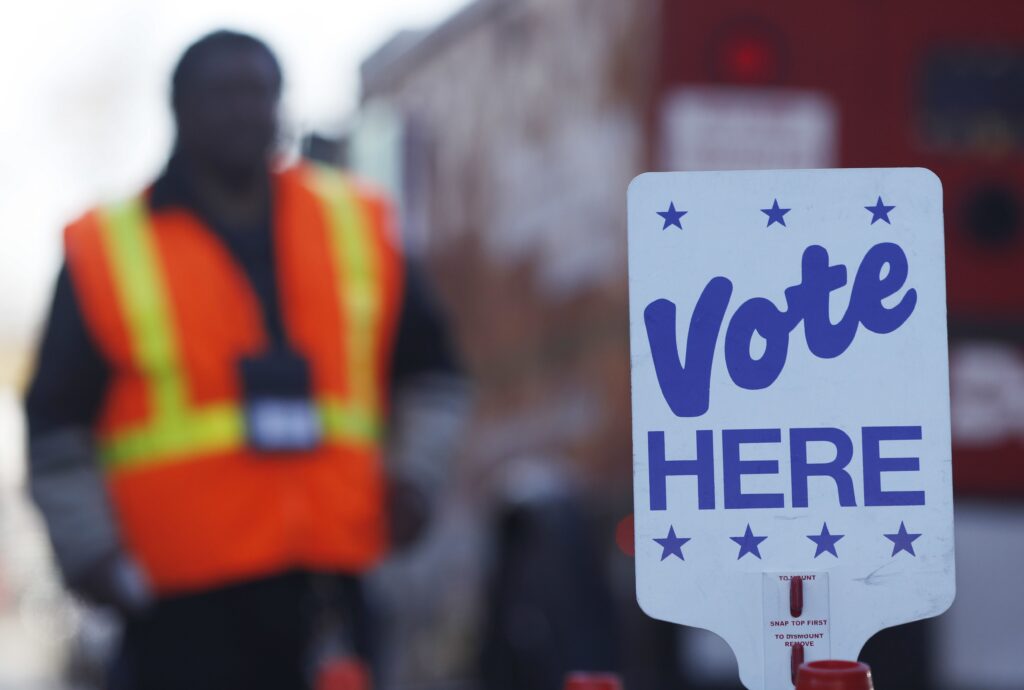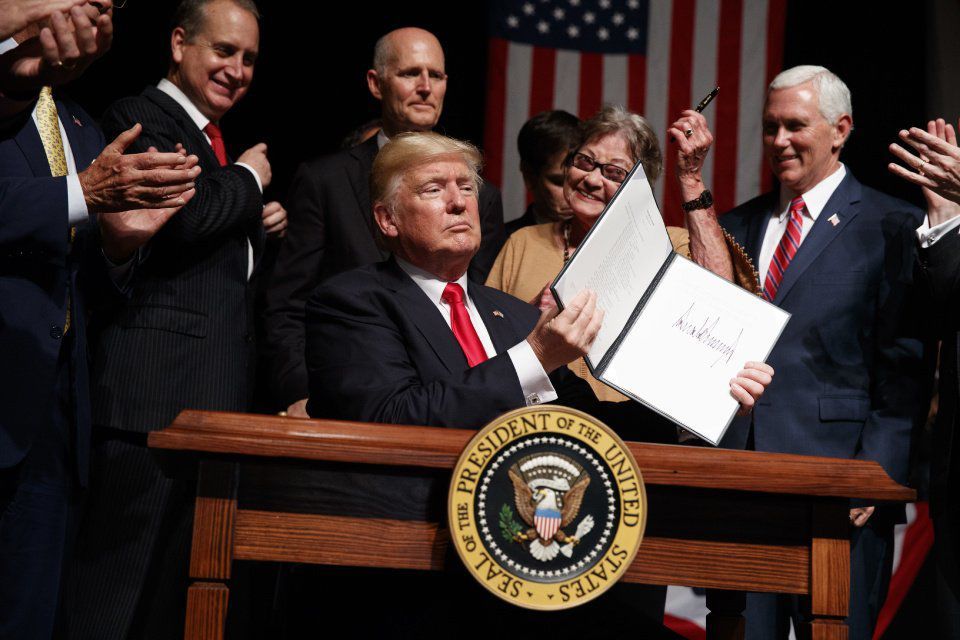Glimpse of Colorado Bureau of Investigation DNA testing backlash offered by first wave of court hearings

The curtain lifted Wednesday to unveil the first glimpse of how a Colorado Bureau of Investigation scandal involving the work of a veteran DNA scientist might play out in dozens of courtrooms across the Front Range.
In an hour-long Boulder court hearing permeated by questions and uncertainty, a Boulder judge delayed the trial of an accused triple murderer for three months to give the defendant’s attorneys time to retest DNA evidence, which was called into question. The original forensic work was done by Yvonne “Missy” Woods, a 29-year veteran of CBI whose lifetime of work is now suspect after an internal affairs investigation discovered anomalies while reviewing a sampling of her cases as part of an internal process.
That backlog of cases could range from rape to aggravated assault to murder, but no one knows for sure how many Colorado investigations, court cases and convictions the revelations will call into question or whether Woods’ work will result in any decisions being overturned. The debacle has thrust the Colorado criminal justice system into a tailspin expected to play out in coming months, if not years.
Wednesday’s hearing centered on a case that was already tried once and thrown out because two jurors lied on their questionnaires. The first trial resulted in the 2019 conviction of Garrett Coughlin for three counts of first-degree murder and one count of aggravated robbery in the shooting deaths of Wallace Lance White, 54, Kelly Sloat-White, 56, and Emory Fraker, 39, on April 13, 2017 at the Whites’ home in Coal Creek Canyon.
Woods, who performed the original DNA analysis, found Coughlin’s DNA on a chair and on a holster at the crime scene.
Dazed and confused
Wednesday’s hearing illuminated the confusion that could cloud every active case Woods worked on, as participants plodded forward in an unprecedented judicial quandary.
“I would assume there are a lot of people scrambling to get private labs to do their testing,” said criminal defense attorney Mary Claire Mulligan.
In arguing to keep the trial at its original start date, April 8, prosecutors explained that Woods’ role in the case was significant but not detrimental.
“She did all of the underlying testing in this case. She has touched every single item of evidence and so her credibility will be up to the jury to determine what she did or did not do in this case,” said 20th Judicial Chief Trial Deputy Catrina Weigel.
Noting the defense’s need to get its own testing done, 20th Judicial District Court Judge Patrick Butler moved the three week trial to start July 15, 2024.
The prosecution has already had the original Woods-analyzed DNA results retested by a different CBI forensic analyst and noted that the second results were the same as the first.
Ryan Brackley, Woods’ attorney, was not surprised by that.
“In any case in which Ms. Woods completed testing which led to suspicion, an arrest, a conviction or incarceration, we will expect to see again and again that she got it right,” he said.
The Internal Affairs report
Also at issue was a sealed, 94-page internal affairs investigative CBI report.
The document – available to attorneys in the case but shielded from public view – found that Woods deviated from standard protocols in her work and tampered with DNA results, omitting material facts in official criminal justice records.
Danielle Lewis, who is representing the CBI for the Colorado Attorney General’s office, requested that the report be redacted because many of the law enforcement personnel who participated in the Woods’ investigation are “worried about being harassed, they’re worried about additional individuals coming to them about information, they’re worried about retaliation.”
In determining that Coughlin’s right to a fair trial trumped investigators’ fears, Butler ordered for the confidential report to be given, unredacted, to both the prosecution and the defense with strict orders to keep the contents of the document secret outside of their respective teams. He even instructed both sides to keep a log of anyone outside of their teams who gets to see it.
Victims left hanging
Victims’ relatives, who saw Coughlin’s initial conviction get thrown out and are now watching the second one postponed, left Wednesday’s hearing in disbelief.
“I just think it’s absurd. Now, family members who were traumatized in the first trial have to come back,” said Julie Smith, Kelly Sloat-White’s sister. “To have even the slightest chance of him getting away with this. And now we’ve got the CBI problem. It’s just unbelievable. It’s just one thing after the other.”
Wallace Lance White’s sister, Kathy Eppler, is concerned that Coughlin will be acquitted due to faulty evidence.
“It’s terrifying,” she said. “It puts you right back at square one.”
Coughlin has a motions hearing on March 29. He remains in custody in the Boulder County Jail without bond. He’s already spent five years in either prison, or jail, as he awaits trial.





